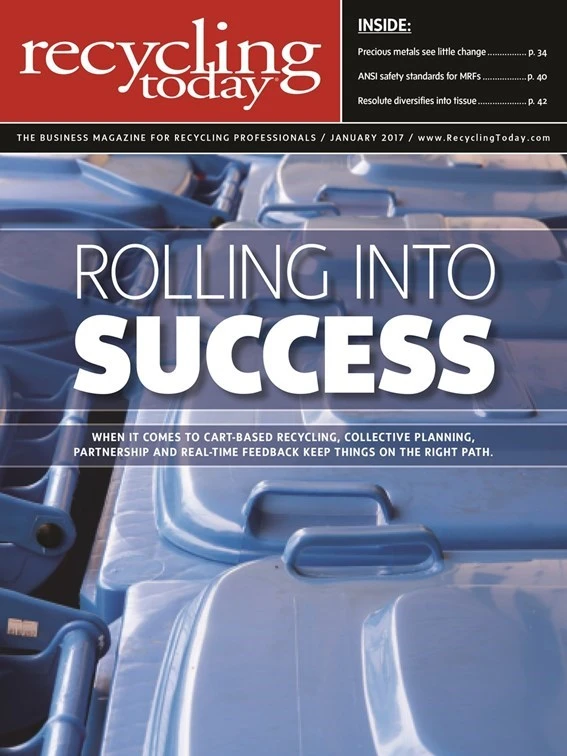OSHA issues final rule on specific safety standards

The U.S. Department of Labor’s Occupational Safety and Health Administration (OSHA) has issued a final rule updating its general industry Walking-Working Surfaces standards specific to slip, trip and fall hazards. The rule, effective Jan. 17, 2017, also includes a new section under the general industry Personal Protective Equipment standards that establishes employer requirements for using personal fall protection systems.
The final rule’s most significant update allows employers to select the fall protection system that works best for them, choosing from a range of accepted options, including personal fall protection systems. OSHA has permitted the use of personal fall protection systems in construction since 1994 and the final rule adopts similar requirements for general industry. Other changes include allowing employers to use rope descent systems up to 300 feet above a lower level, prohibiting the use of body belts as part of a personal fall arrest system and requiring worker training on personal fall protection systems and fall equipment.
“The final rule will increase workplace protection from those hazards, especially fall hazards, which are a leading cause of worker deaths and injuries,” says Assistant Secretary of Labor for OSHA David Michaels. “OSHA believes advances in technology and greater flexibility will reduce worker deaths and injuries from falls.”
Federal judge blocks Department of Labor overtime rule

A federal judge in Texas has blocked the U.S. Department of Labor’s (DOL’s) final overtime rule. The Nov. 22, 2016, decision by U.S. District Judge Amos Mazzant III is considered a victory for 21 states and dozens of business groups that say the new rule would increase government costs in their states by $115 million and would cost private employers millions of dollars more, possibly leading to layoffs, Bloomberg reports.
The U.S. DOL Wage and Hour Division’s final overtime rule states that employees who earn $47,476 per year are hourly employees rather than salary and are to be paid overtime compensation for hours worked over the 40-hour limit. This new rule also would have updated the salary threshold every three years based on wage growth over time. It would have become effective Dec. 1, 2016.
In early December, however, the U.S. Court of Appeals for the Fifth Circuit granted the DOL’s request for an expedited hearing of its overtime rule appeal. But the court has ordered oral arguments to be scheduled after Jan. 31, 2017, 11 days after President-elect Donald Trump is to be inaugurated.
Because the DOL is under the purview of the executive branch, it is possible Trump, upon taking office, will direct the DOL to drop its legal appeal.

Explore the January 2017 Issue
Check out more from this issue and find your next story to read.
Latest from Recycling Today
- BMW Group, Encory launch 'direct recycling’ of batteries
- Loom Carbon, RTI International partner to scale textile recycling technology
- Goodwill Industries of West Michigan, American Glass Mosaics partner to divert glass from landfill
- CARI forms federal advocacy partnership
- Monthly packaging papers shipments down in November
- STEEL Act aims to enhance trade enforcement to prevent dumping of steel in the US
- San Francisco schools introduce compostable lunch trays
- Aduro graduates from Shell GameChanger program





